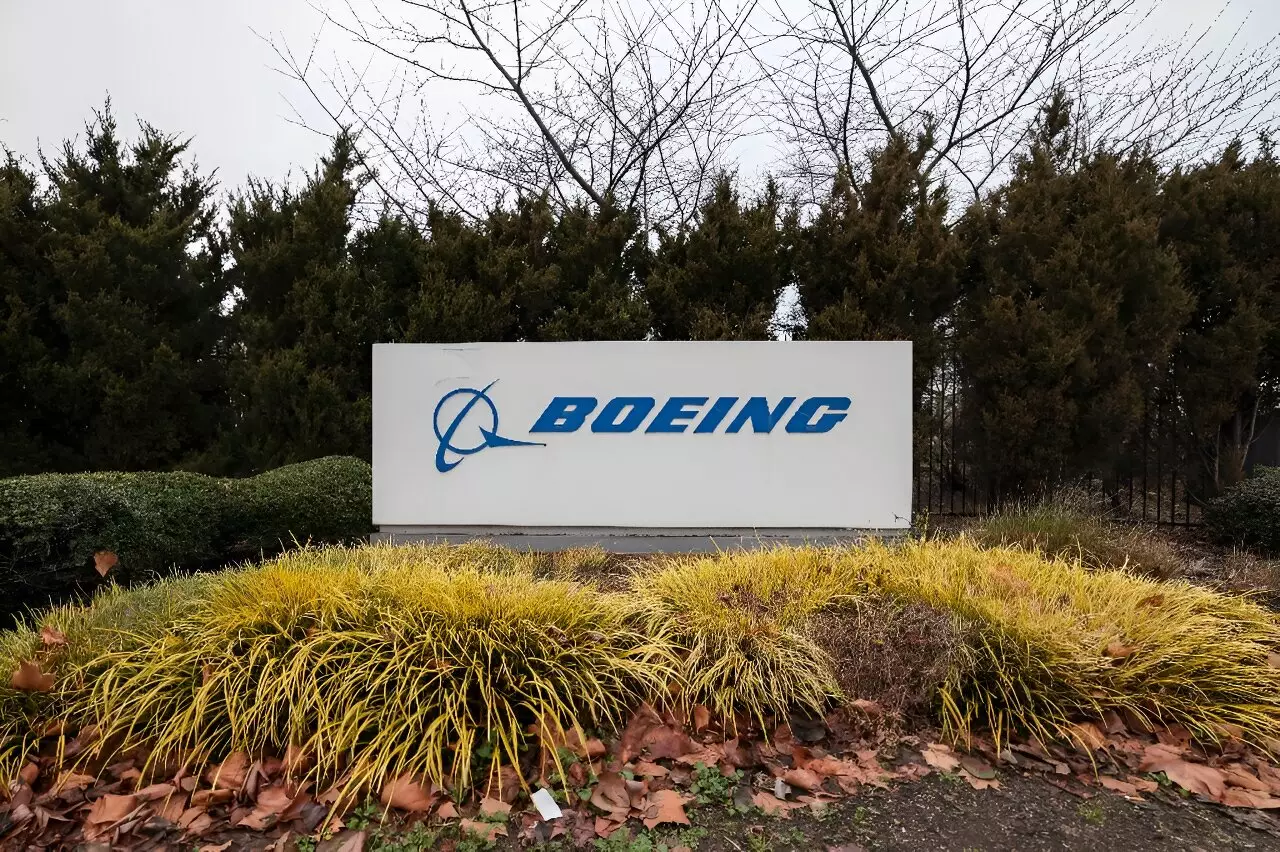More than five years after the tragic 737 MAX crashes, Boeing finds itself in legal trouble once again. Prosecutors have determined that Boeing did not uphold a previous settlement related to the disasters. The Department of Justice laid out a proposal for Boeing to plead guilty to fraud during the certification of MAX aircraft, with a deadline for Boeing to respond. However, as the deadline approached, there was no public comment from Boeing regarding their decision. Families of the crash victims expressed dissatisfaction with the DOJ proposal, which included a $243 million penalty and an external monitor for the company. If Boeing rejects the settlement, the DOJ will move forward with prosecution.
Public Interest Considerations
The original deferred prosecution agreement (DPA) in 2021 required Boeing to pay fines and restitution to the tune of $2.5 billion in exchange for immunity from criminal charges. Boeing allegedly breached this agreement by failing to adequately improve its compliance and ethics program following the MAX crashes. Despite the calls from families of victims for a criminal trial against Boeing, the new plea agreement does not directly link the company’s fraud to the 346 lives lost in the crashes. This disconnect has left families feeling that true accountability has not been achieved.
Family members of crash victims and experts in the field have voiced their discontent with the DOJ’s handling of Boeing’s case. Some argue that Boeing should face much larger fines, ranging from $10 to $20 billion, to truly feel the impact of their actions. Others suggest that Boeing’s independent monitor should be appointed without the company’s input to ensure impartial oversight. Law professors have noted that the DOJ’s decision to focus on the original charge rather than expanding it may be a strategic move to secure a conviction in court.
Miriam Baer, a law professor at Brooklyn Law School, believes that the DOJ’s decision to stick with the initial charge against Boeing is a calculated move to present the strongest case possible. John Coffee, a law professor at Columbia University, argues that deferred prosecution agreements like Boeing’s may not always serve the public interest effectively. He suggests that prosecutors might prioritize obtaining a conviction over ensuring that the defendant faces adequate consequences for their actions.
Boeing’s legal troubles stemming from the 737 MAX crashes continue to evolve as the company faces scrutiny for failing to meet the terms of its settlement agreement. The dissatisfaction among families of victims and legal experts highlights the complex nature of holding corporations accountable for their wrongdoing. As the case unfolds, it remains to be seen how Boeing will navigate the legal challenges ahead and what implications this may have for the aviation industry as a whole.


Leave a Reply